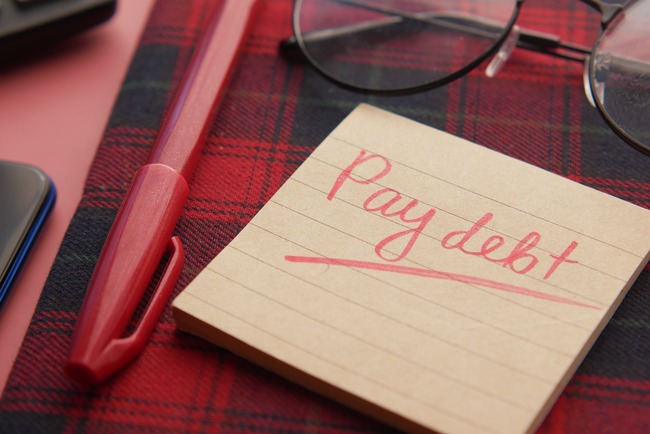Financial stability is the ability to pay all of your bills as well as being able to have savings and sometimes a separate emergency fund.
This may seem unattainable, but there are steps you can take that will get you closer to financial stability. Here are some tips to get you on your way.
Set financial goals
A large part of being financially stable is planning and discipline. For some people, setting financial goals is a great way to motivate themselves.
Depending on your situation, the goals can be large or small. For example, you may want to save up for a deposit on a house. Rather than having that as a goal, set a more specific one. You could say you want to save £100 per month which will then add up to a deposit.
Similarly, you could set yourself different types of goals. Rather than saving for a large purchase, you could aim to eliminate your debt or set up a private pension plan for your future.
Create a budget and control cash flow
Controlling your cash flow is the first thing you should do to get a hold of your finances. Look at your bank account and lay out any income compared to your outgoings. You should be able to see how much you have left once all essential bills are paid.
This leftover amount is the amount of money you can save or spend. Whilst you should enjoy yourself, it is worth setting some aside to save regardless of your plans.
Add to your savings
One mistake people trying to save make is waiting until the end of the month to add to a savings account. If you get into the habit of putting money into savings at the beginning of the month, then you will be able to manage your budget better.
You may also be able to take advantage of interest rates on savings accounts. Some require a minimum addition every month to benefit from this, so by adding to the pot every month you can get the most out of your banking.
Eliminate debt
By the end of August 2023, the average debt per household was £65,756 including mortgages. It can be hard to navigate a way through debt, especially if you have a large amount.
You will need to look at all of your creditors and work out the remaining balances as well as interest rates. It is better if you pay off the debts with the highest rates first as this will save you money in the long run.
Remember to be transparent with any loan companies. The worst thing you can do is bury your head in the sand and ignore them. By keeping in contact with them and discussing payments and what you can afford, companies may be able to offer you a payment plan or an alternative payment structure.
There are charities that aim to help people with their debt. If you are struggling, try contacting one for some impartial advice.







